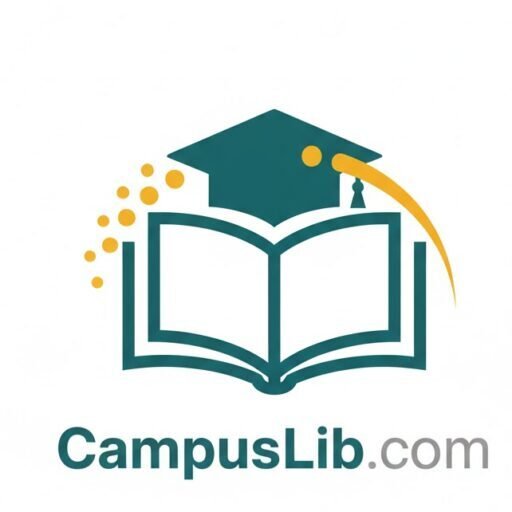Download Comparative And Contemporary Issues Exam Past Paper
What topics are covered in the Comparative and Contemporary Issues exam?
The exam typically addresses a variety of topics that explore current global challenges and their comparative contexts. Key areas include:
Download Link
Comparative-And-Contemporary-Issues-Exam-Past-Paper-Mpya-News
- Globalization: Examination of the effects of globalization on cultures, economies, and political systems worldwide.
- Social Justice and Equity: Analysis of issues related to social justice, human rights, and equity across different societies.
- Environmental Issues: Study of contemporary environmental challenges, such as climate change, sustainability, and resource management.
- Political Systems and Governance: Exploration of different political systems, governance models, and their effectiveness in addressing contemporary issues.
- Cultural Comparisons: Discussion of cultural differences and similarities in addressing social and political challenges.
- Economic Disparities: Investigation of economic inequalities both within and between nations, and their implications for development.
Why are past exam papers important for studying this subject?
Past exam papers are essential for several reasons:
- Familiarization with Exam Format: They help you understand the structure of the exam, including question types and expectations.
- Identifying Key Themes: Analyzing past papers can reveal frequently addressed topics and trends in comparative studies, guiding your study priorities.
- Practice Application: They provide opportunities to apply theoretical knowledge to practical issues, enhancing your analytical and critical thinking skills.
- Confidence Building: Working through past questions can boost your confidence and reduce anxiety as you prepare for the exam.
Where can I find past exam papers for this subject?
You can access past exam papers through various resources:
- University Websites: Many universities maintain repositories of past papers available for student access.
- Academic Libraries: These often house archives of previous exams and related study materials.
- Online Educational Platforms: Websites specializing in educational resources may also provide access to past exam papers.
- Study Groups: Collaborating with peers can provide access to shared resources, including past papers.
What key topics should I focus on when studying?
When preparing for the exam, concentrate on the following key areas:
- Contemporary Global Issues: Familiarize yourself with current global challenges and their implications.
- Comparative Analysis: Understand how different countries and cultures address similar issues.
- Theoretical Frameworks: Study various theoretical frameworks used to analyze contemporary problems.
- Case Studies: Explore specific case studies that illustrate the complexities of comparative and contemporary issues.
How can I effectively use past exam papers in my studies?
To maximize the benefits of past exam papers, consider these strategies:
- Timed Practice: Simulate exam conditions by timing yourself while answering past questions to improve time management.
- Review and Reflection: After completing a past paper, critically review your answers to identify areas for improvement.
- Discussion with Peers: Engage in discussions with classmates or instructors to gain different perspectives on contemporary issues.
- Create Study Guides: Compile common questions from past papers into study guides for quick reference and revision.
Is understanding comparative and contemporary issues important for students?
Yes, understanding this field is crucial for several reasons:
- Global Awareness: It fosters awareness of pressing global challenges and their interconnectedness.
- Critical Thinking: Engaging with contemporary issues enhances critical thinking and analytical skills.
- Informed Citizenship: Knowledge of these issues helps students become informed and active participants in society.
Should I prioritize theoretical frameworks or practical examples?
Both theoretical frameworks and practical examples are essential:
- Theoretical Frameworks: A solid grasp of theories provides a foundation for understanding complex issues.
- Practical Examples: Studying real-world examples enhances your ability to apply theories to contemporary situations. Aim for a balanced approach in your studies.
Can studying past papers alone prepare me for the exam?
While past papers are a valuable resource, they should be complemented with broader reading and engagement with course materials. Explore textbooks, academic journals, and other educational resources for a well-rounded understanding of the subject. This comprehensive approach will optimize your exam preparation.
